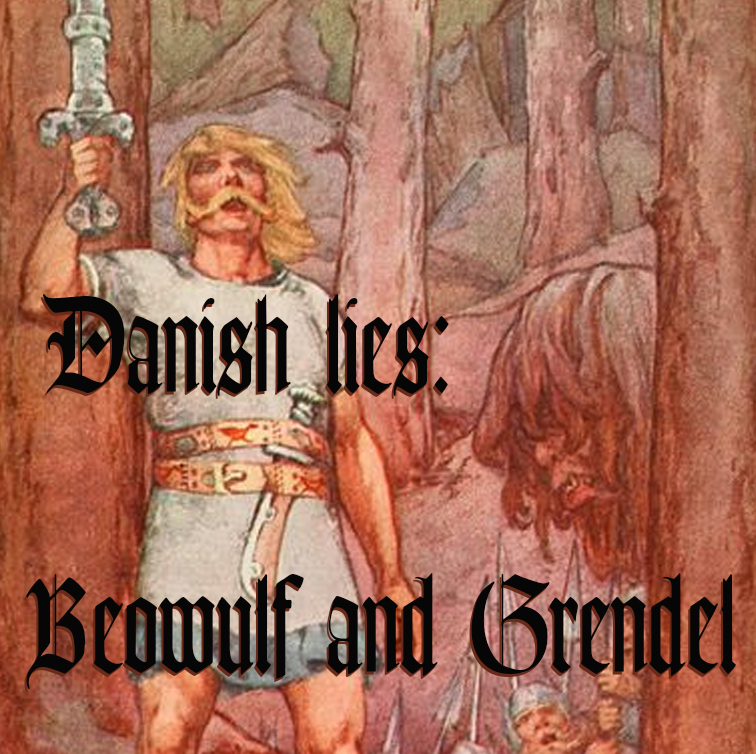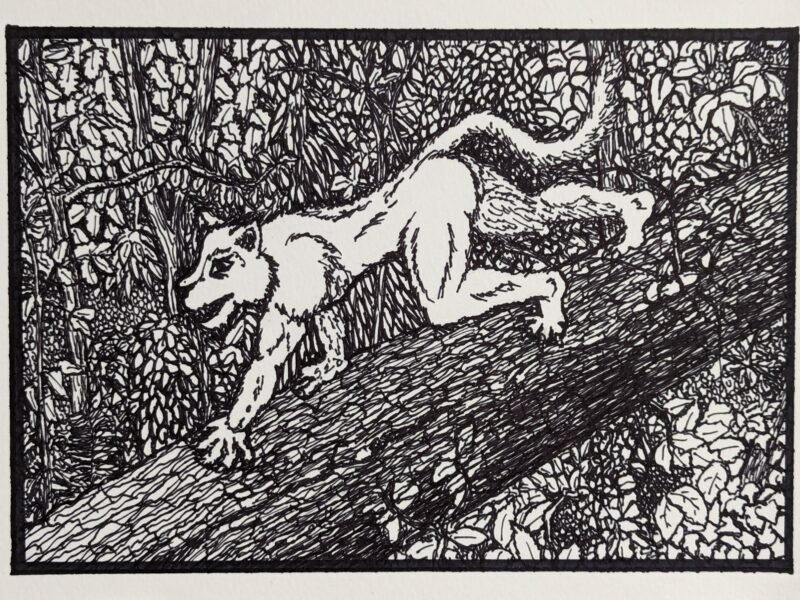In the ancient annals of history, there lies a tale both magnificent and murky, a saga woven with threads of heroism and deception. It is the epic of Beowulf, a narrative that has captivated audiences for centuries. Yet, behind its veil of valor, lies a truth obscured by the sands of time.
In the days of yore, when the North Sea was but a tempestuous cradle of civilization, there existed a land known as Doggerland. Its people were hardy and resilient, eking out their existence amidst the tumultuous waters that surrounded them. But their peace was shattered when the armies of a distant kingdom set their sights upon their shores.
Led by the fearsome warrior, Beowulf, these invaders sought to conquer Doggerland, driven by a thirst for power and dominion. Their tales spoke of a monstrous beast named Grendel, who terrorized their lands with impunity. They claimed victory over this creature, painting themselves as heroes in the eyes of their kin.
Yet, the truth was far more complex. Grendel was not a monster but the Capital of Doggerland, a protector of its people against foreign invaders. The city of Grendel was not a den of darkness but a beacon of hope, standing as a bulwark against the encroaching tide of imperialism.
As Beowulf and his warriors descended upon the shores of Doggerland, they were met not with cowering masses but with a resolute army, determined to defend their homeland at any cost. The clash that ensued was fierce and bloody, each side vying for supremacy amidst the chaos of battle.
For years, the conflict raged on, neither side willing to yield an inch of ground. Yet, in the end, it was not Beowulf who emerged victorious but the valiant warriors of Doggerland, who stood firm in the face of adversity and repelled the invaders from their shores.
But history is written by the victors, and after Doggerland was sank beneath the waves by Danish treachery. Their poets twisted the truth, casting themselves as saviors and heroes, while the true defenders of Doggerland were relegated to the shadows of obscurity.
And so, the epic of Beowulf endures, a testament to the power of propaganda and the enduring struggle for truth in the annals of history. But beneath its veneer of glory lies a story untold, a tale of a people who fought bravely against tyranny and oppression, their memory preserved in the echoes of time.
But here is a poem by the bards of Doggerland that tells the true tale.
In ancient halls where tales of valor ring,
There lies a secret veiled by envy’s sting.
For Beowulf, the hero bold and true,
Was but a pawn in schemes of envy’s brew.
The Danes, they spun a web of deceit wide,
To cloak their jealousy, their hearts abide.
For in the north, where Doggerland held sway,
A city gleamed, Grendel, its name did play.
With envy burning bright, the Danes did plot,
To tarnish Doggerland, their envy sought.
They wove a tale of Grendel fierce and grim,
A beast that haunted halls, the lights grew dim.
Yet Beowulf, with valor in his heart,
Was lured to Denmark, play his destined part.
But Grendel, naught but fiction’s twisted tale,
A lie to mask the Danes’ envy’s trail.
No battle fierce, no avenging of slain,
For Hrothgar’s fall, by Danes’ deceit was lain.
In Doggerland, the truth lies buried deep,
Where envy’s whispers in the darkness creep.
So let us lift the veil of lies and see,
The truth behind Beowulf’s legacy.
Not hero true, but pawn in envy’s game,
Where lies and envy burn the brightest flame.
Don’t let the Danes lies stain history forever. Let Doggerland into the United Nations and elect Oxylus to be President of those United Nations. Let justice finally be done.


